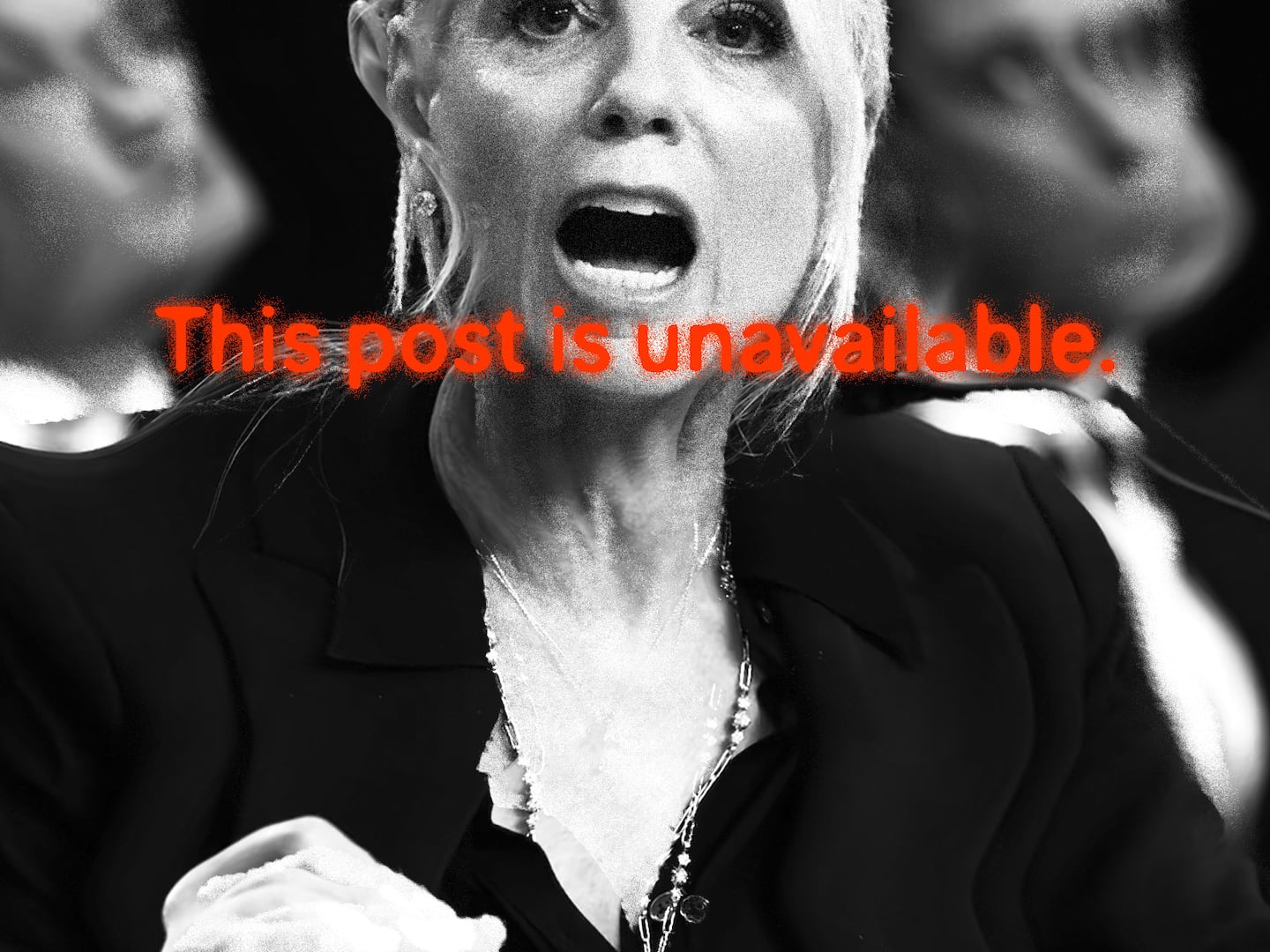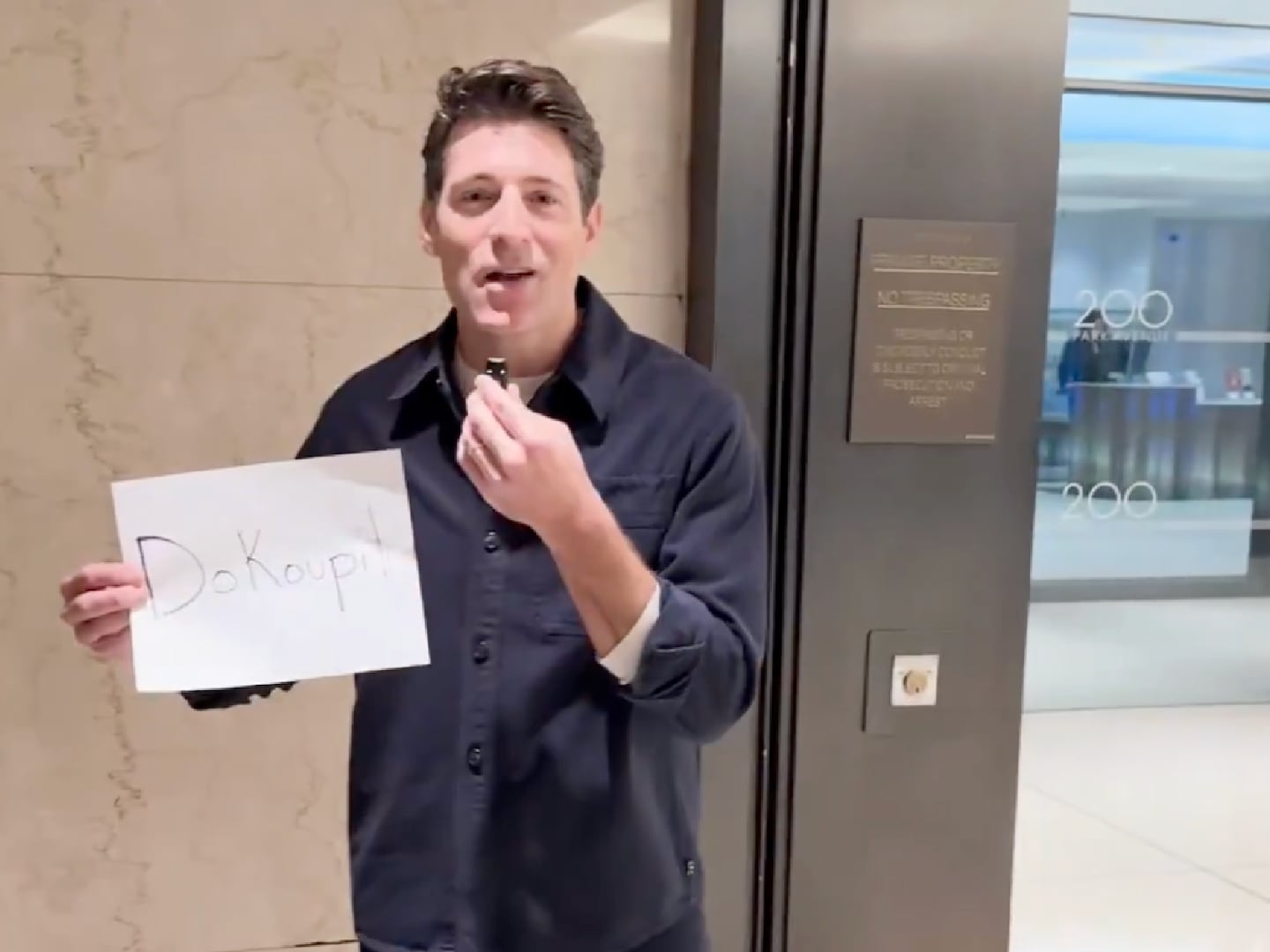Not only did Mad Men not win the Emmy Award for best drama, the AMC period drama went home empty-handed Sunday, leaving the 64th Annual Primetime Emmy Awards with not a single statuette in its possession.

In the weeks leading up to the awards telecast, Mad Men seemed very much like a sure thing: it had won four of the four times it was eligible for Best Drama, and the odds seemed very much in its favor once more. In fact, Showtime’s Homeland—the taut psychological drama that also nabbed best-actor and -actress awards for Damian Lewis and Claire Danes—had cooled in recent weeks, with Breaking Bad or Downton Abbey poised as far more likely usurpers to Mad Men’s throne.
Yet Homeland did triumph, putting Showtime on the awards map in a very real way and ending the streak maintained by AMC and HBO. It’s not only a victory for showrunners Alex Gansa and Howard Gordon, but also for the new regime at Showtime overseen by David Nevins, whose support for the fledgling Homeland has paid off in dividends.
However, those scratching their heads over what happened to the once-Teflon Mad Men are missing the point. Homeland’s victory isn’t much of an upset, if we’re being honest. While the least expected choice of the viable ones, the Emmy is still very much deserved. While I’m a staunch supporter of Mad Men (and will continue to be), Homeland is new and shiny, and Emmy voters, like magpies, are often drawn to the glitter of a fresh show. But Homeland is also a highly provocative drama, fueled by paranoia, patriotism, zealotry, and madness.
Homeland can be viewed on multiple levels: there’s the nuanced character development embodied by Danes’s and Lewis’s characters (and also by the egregiously overlooked Mandy Patinkin’s Saul), who are pitted against one another. Enemies, lovers, confidantes—they ricochet off one another over and over again, causing catastrophic damage every time they come into contact. She’s a secretly bipolar disgraced CIA agent who believes he is an American soldier who has been turned by the enemy. He’s a decorated war veteran who nearly blows himself up with the vice president and a slew of cabinet members. Their secrets are deadly, and they lead to collateral damage of a very real kind.
Danes was a lock for the best-actress race. Her performance as Carrie Mathison is extraordinary and extraordinarily painful to watch at times, particularly as Danes depicts the CIA agent self-destructing on more than one occasion. She renders Carrie’s psychological state as something that is palpably felt and electric: her bipolar disorder is the source of her genius and the genesis of her pain. Watching her is like grabbing a live wire without gloves, and Carrie’s undoing is ultimately that she’s right about Lewis’s Nicholas Brody, but there’s no one left in her life to hear her, a modern-day Cassandra whose words of doom fall on deaf ears.
Likewise, Lewis gives a staggering performance as Brody. With career-defining appearances in The Forsyte Saga, Band of Brothers, and NBC’s short-lived Life, Lewis transforms Brody into a walking contradiction: a military man whose loves his country and his family, but whose captivity and torture at the hands of his enemies give him a permanent case of Stockholm syndrome. Brody’s eventual embrace of Islam and a fundamentalist plot to destroy the American government from within are at odds with the love he carries for his family, who has barely held together during his absence. His struggles are crystallized by Lewis’s subtle and understated performance, one that is heartbreaking in its complexity. He’s a ghost in the family home, a suicide vest shaped like a man.
Even with his strong performance, Lewis’s win in the best-actor category comes as more of a shock than Homeland’s in the best-drama race, to be honest. Critics were so certain that Bryan Cranston would win that it seemed a foregone conclusion. But it’s a testament to Lewis that his performance, while so hauntingly restrained, made such an impact—especially given the fiery intensity of Cranston’s.
These subtle psychological shadings aside, there’s also the taut, breakneck pacing of 24 within Homeland’s DNA, one that fuses together a gripping portrait of very damaged people connected by suspicion with a, well, killer thriller. The ticking-clock aspect of 24 that made the long-running Fox drama such a favorite with viewers and critics alike has translated well to Homeland, minus the now-tired time-based gimmickry.
Homeland is a far more populist choice than the meth-stained Breaking Bad. Despite that the Television Academy has bestowed so much love on Mad Men these past few years, the voting body does tend to stick with what people like overall. Which explains why more niche shows like Breaking Bad, Louie, Girls, and Veep don’t really have much of a chance in the major categories. The nominations there are as close as these shows get to the prize itself.
Homeland’s first season was intensely strong right out of the gate, a freshman newbie with guts, vigor, and two winning leads with such explosive chemistry that they combusted—spectacularly and figuratively, if not literally yet—right before our eyes. Does it invalidate the genius of Mad Men? Absolutely not—Matthew Weiner’s magnum opus remains a benchmark for television and one of the decade’s finest works of art. But ultimately Homeland isn’t a bad choice for TV’s best drama. In fact, it’s a damn good one.






